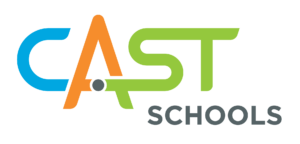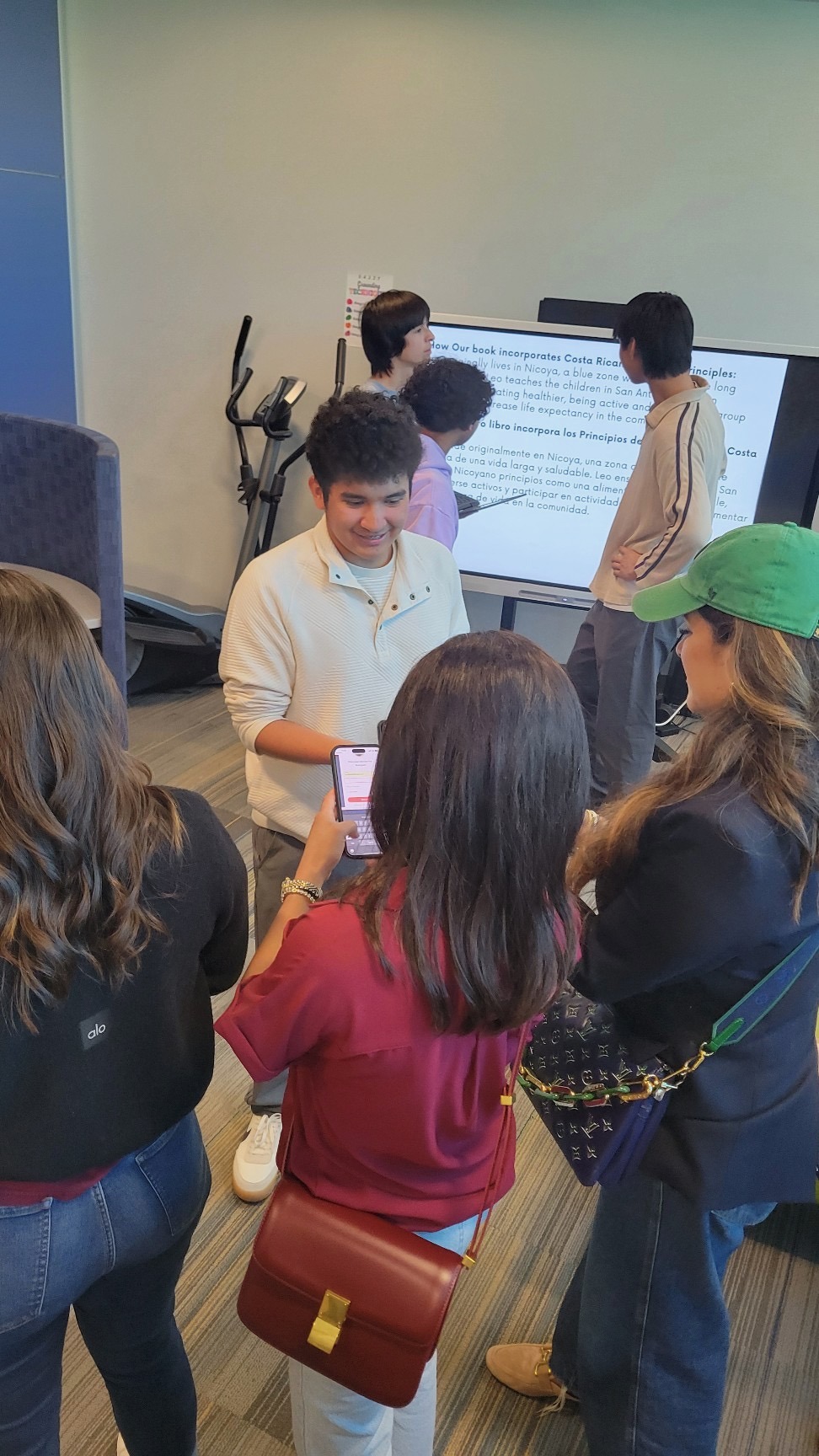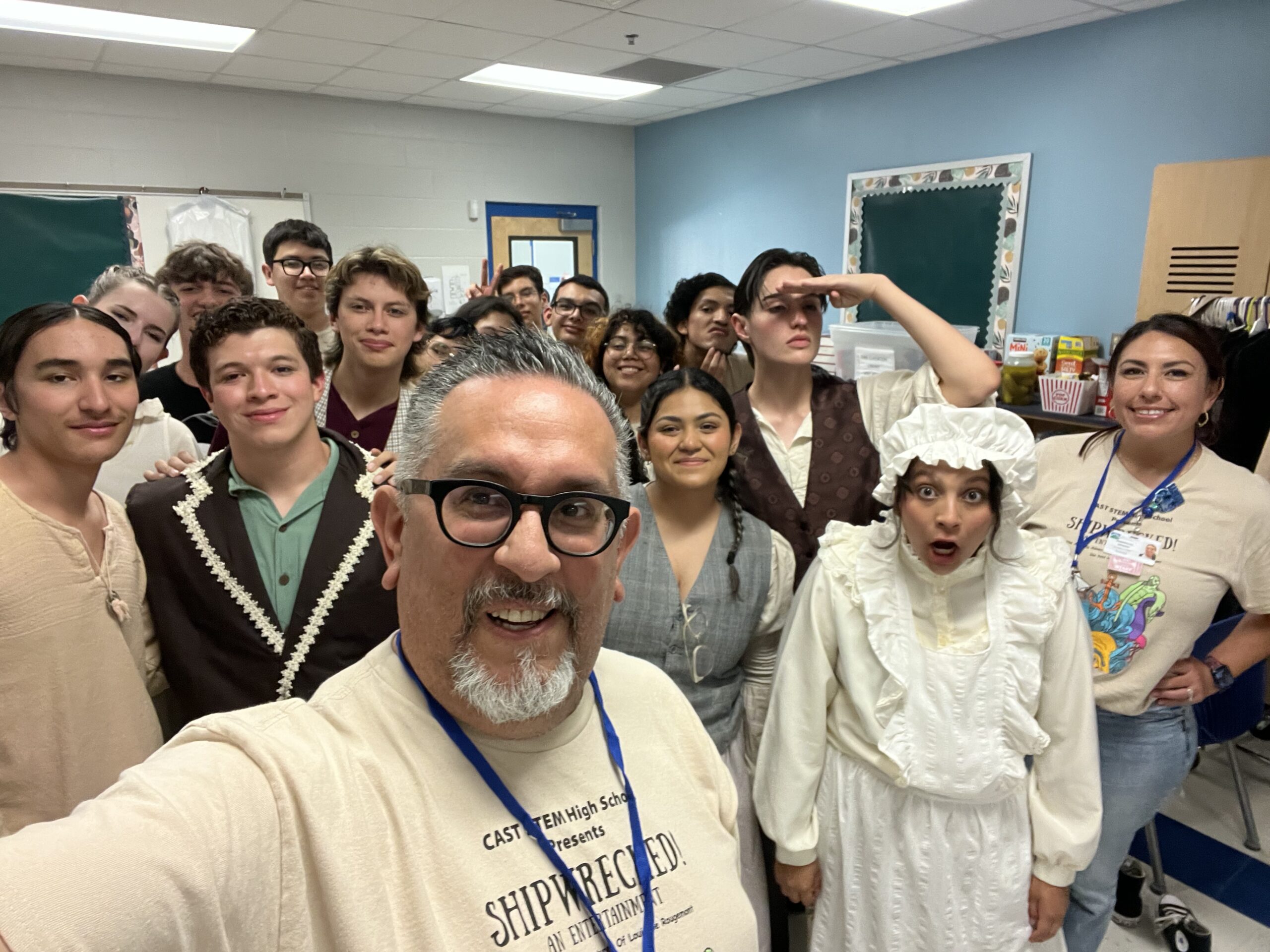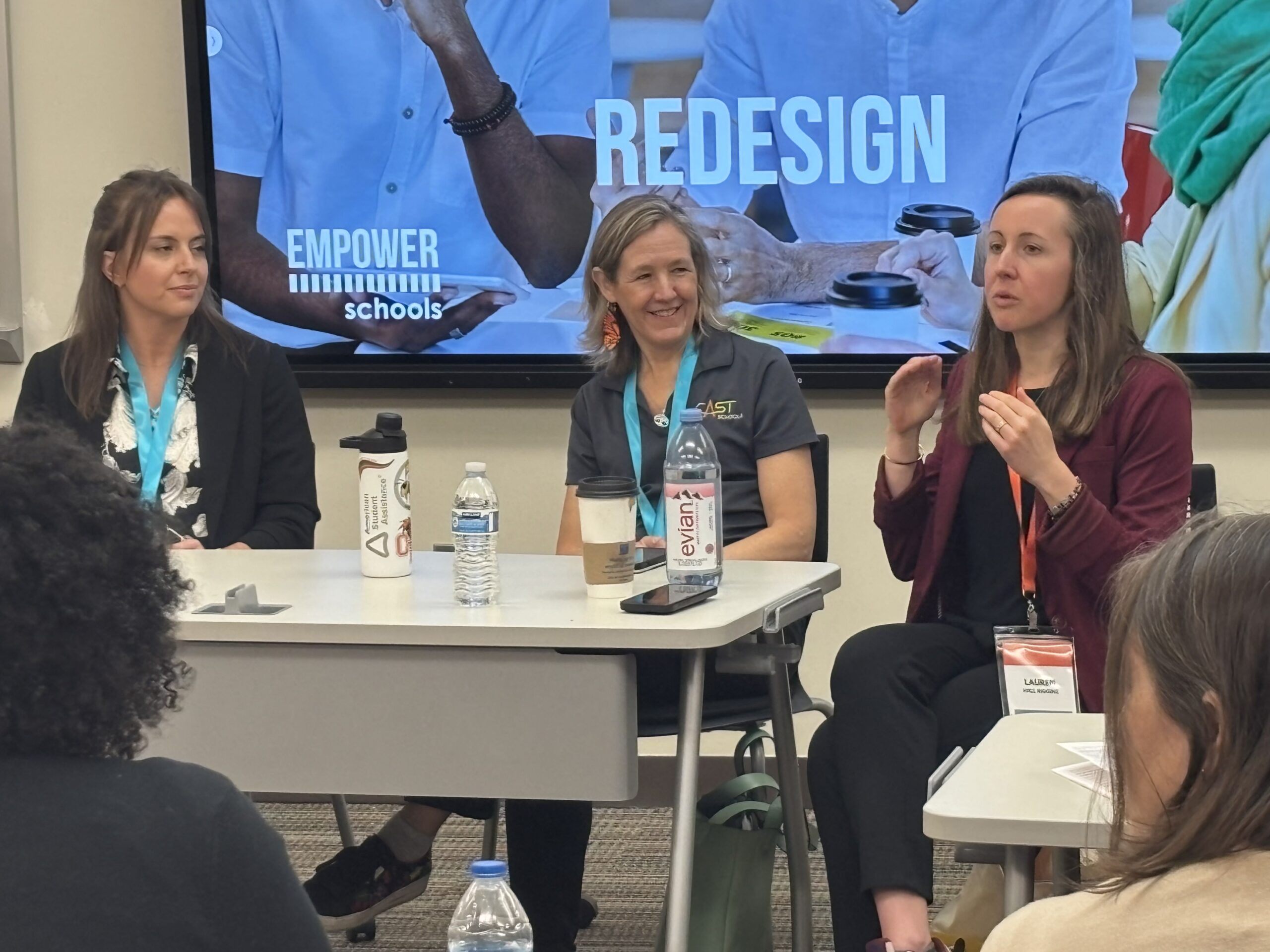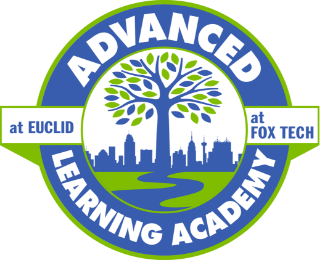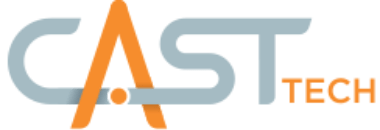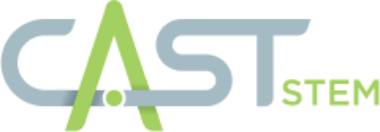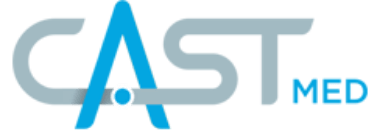This week, standing before a small group of state and national visitors at the learning staircase of CAST Tech, alumni Julian Perez reflected on his learning by looking back.
By combining computational and design thinking, I’ve been able to tackle challenges from multiple perspectives and develop more effective solutions.
This week, CAST Tech hosted a visit from one of our national partners, Transcend, of a small group of funders and school leaders interested in computational thinking. After touring the school with three current students, we invited them to hear from one of our recent CAST Tech alumni and Computer Science Teacher Sandie Villegas McClure.
I am always curious to hear the perspectives of our graduates, because I myself often feel like I understand my life better in the rear view mirror. Julian is entering his sophomore year at Trinity University, where he is studying engineering science, though he has enough credits from CAST Tech to qualify as a junior. He reflected on what he described as a rich interplay between what he learned in the classroom, including specific approaches to problem solving, and his opportunities to apply these ideas in internships, including a summer internship at H-E-B.
At CAST Tech, I completed the User Experience (UX) pathway and took classes in the Cybersecurity pathway, where I learned design thinking and used it as a foundation for solving meaningful problems in class. Design thinking taught me to approach challenges critically and empathetically, with a focus on addressing the needs of the end user. As an engineer, I’ve relied heavily on computational thinking, which has been useful in all my classes.
I was struck listening to Julian break down the principles of design thinking as well as engineering as specific methodologies for analyzing a problem and posing a solution, especially because just last week we heard a similar presentation at the Mexican company Softtek on a student leadership to Monterrey. There, leaders in their innovation lab discussed how they tackled complex problems in design sprints using design thinking, a methodology we seek to implement not only across our schools with our students, but also with our teachers, leaders and staff.
Listening to Julian was a reminder that while we are so proud of the hard skills our students graduate, whether they be programming skills in specific computer languages, algebraic reasoning, or pivot tables in Excel, we are also proud of nurturing less easily quantifiable skills including teamwork, problem solving, and a willingness to make mistakes and try again.
Visitors had noted with surprise in their campus tour that veteran Computer Science Teacher Sandie McClure was teaching AP Principals of Computer Science to all of the CAST Tech freshmen, and probed her about her AP passage rates.
McClure, who is also the chair of the CAST Tech Career & Technical Education Dept., described her experience growing up in the San Antonio Independent School District and being told she was not college material, and instead encouraged to attend secretarial school.
The most important quality in a teacher, McClure said, is belief. Her students do not have perfect passage scores, but they routinely outperform classes of juniors and seniors. In a time when too many in education make decisions based on concerns about how a school will appear based on a passage rate, McClure said, her goal is to build confidence and nurture foundational computational thinking. I’m so grateful we have teachers across our CAST Schools that do not believe in tracking students, but recognize that they are all capable, and what is most important is that we believe.
Jeanne Russell
Executive Director
CAST Schools
